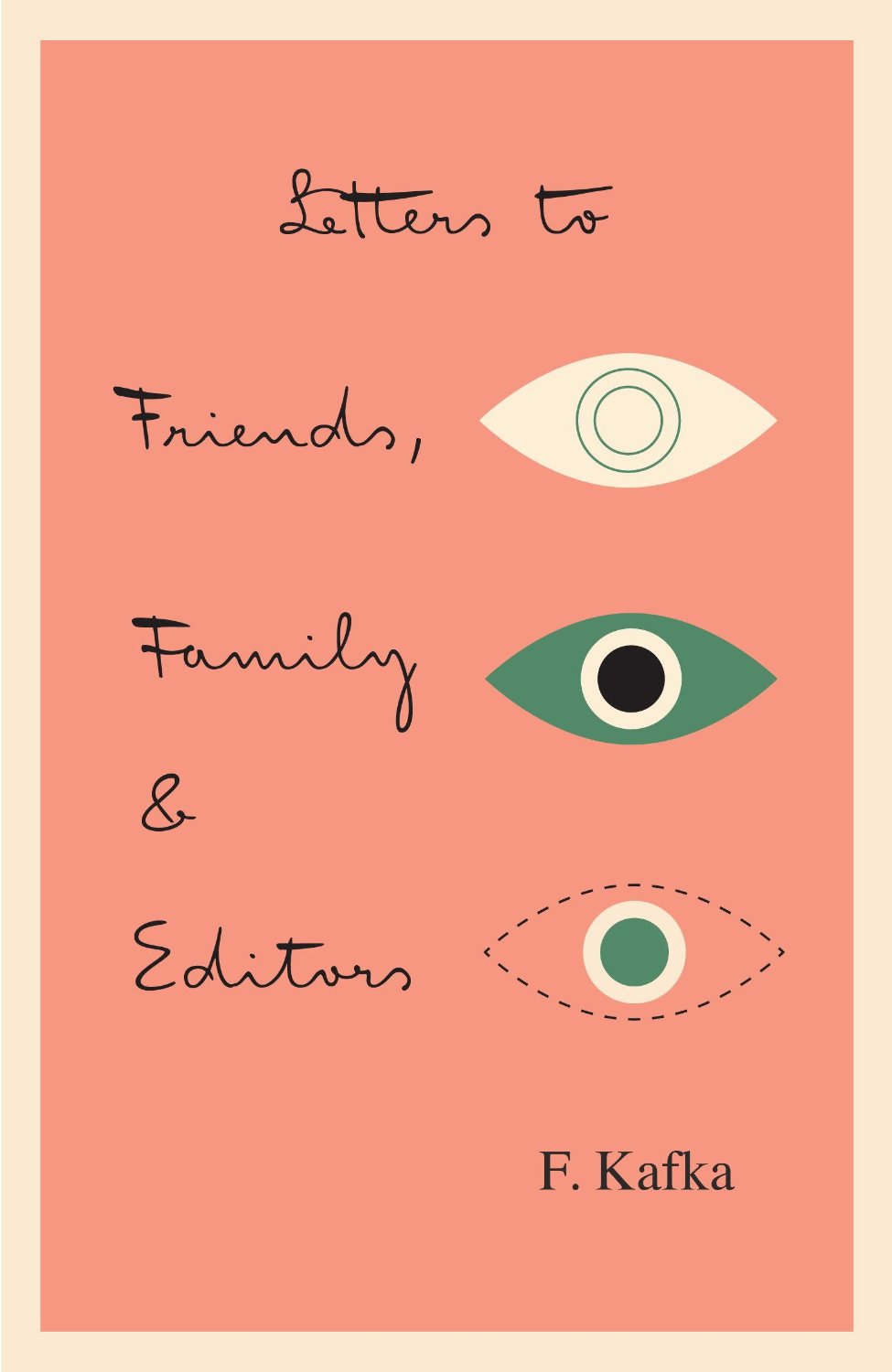Kafka on Books and What Reading Does for the Human Soul
by Maria Popova
How to melt “the frozen sea within us.”
 “Reading is the work of the alert mind, is demanding, and under ideal conditions produces finally a sort of ecstasy,” E.B. White wrote whilecontemplating the future of reading in 1951. Indeed, the question of why books matter and what reading does for the human spirit has occupied minds great and little, from Carl Sagan’s beautiful meditation in Cosmos to the 9-year-old girl whose question about why we have books I once answered. But perhaps the best articulation of what books do for the soul comes from a mind often painted as dark and depressive, yet capable of extraordinary sensitivity to the beauty of life: Franz Kafka.
“Reading is the work of the alert mind, is demanding, and under ideal conditions produces finally a sort of ecstasy,” E.B. White wrote whilecontemplating the future of reading in 1951. Indeed, the question of why books matter and what reading does for the human spirit has occupied minds great and little, from Carl Sagan’s beautiful meditation in Cosmos to the 9-year-old girl whose question about why we have books I once answered. But perhaps the best articulation of what books do for the soul comes from a mind often painted as dark and depressive, yet capable of extraordinary sensitivity to the beauty of life: Franz Kafka.
In a November 1903 letter, found in the altogether enchanting compendiumLetters to Friends, Family and Editors (public library), 20-year-old Kafka writes to his childhood friend, the art historian Oskar Pollak:
"Some books seem like a key to unfamiliar rooms in one’s own castle".
- -
Quote from Brainpicking.com:
--
A few months later, in January of 1904, he expounds on this sentiment in another letter to Pollak:"I think we ought to read only the kind of books that wound and stab us. If the book we’re reading doesn’t wake us up with a blow on the head, what are we reading it for? So that it will make us happy, as you write? Good Lord, we would be happy precisely if we had no books, and the kind of books that make us happy are the kind we could write ourselves if we had to. But we need the books that affect us like a disaster, that grieve us deeply, like the death of someone we loved more than ourselves, like being banished into forests far from everyone, like a suicide. A book must be the axe for the frozen sea inside us. That is my belief."
Complement Letters to Friends, Family and Editors with the illustrated gem Kafka for kids, then revisit Maurice Sendak’s little-known and lovely posters celebrating books and reading.
No comments:
Post a Comment